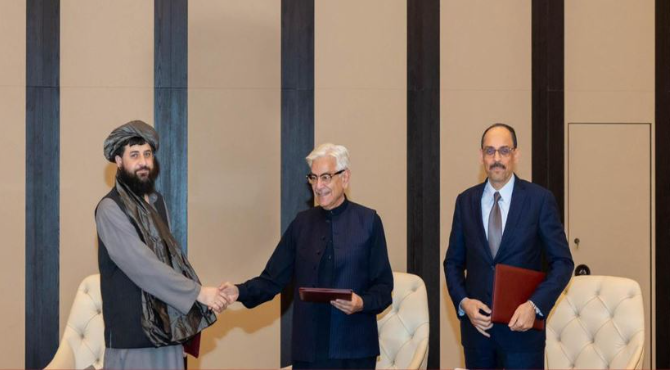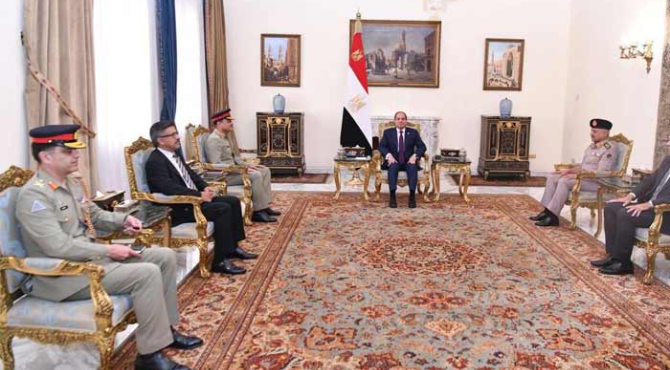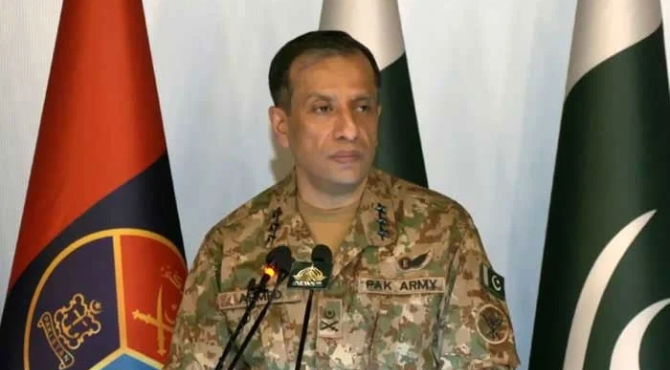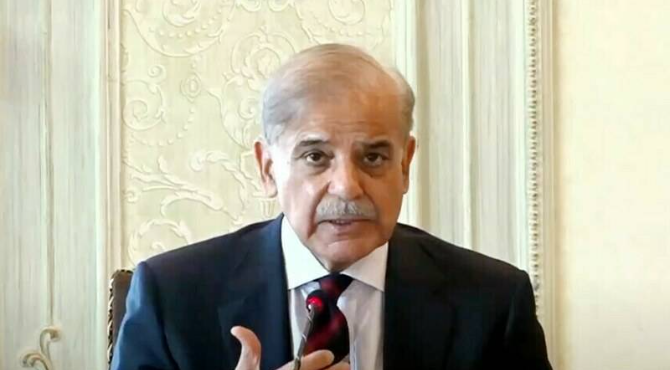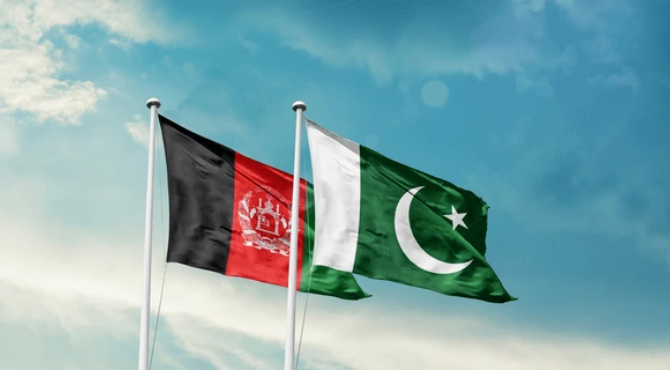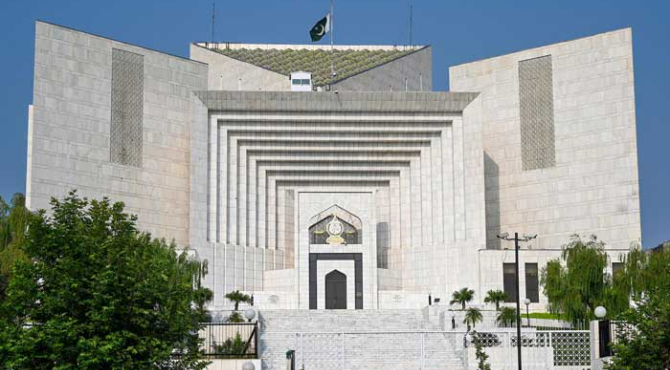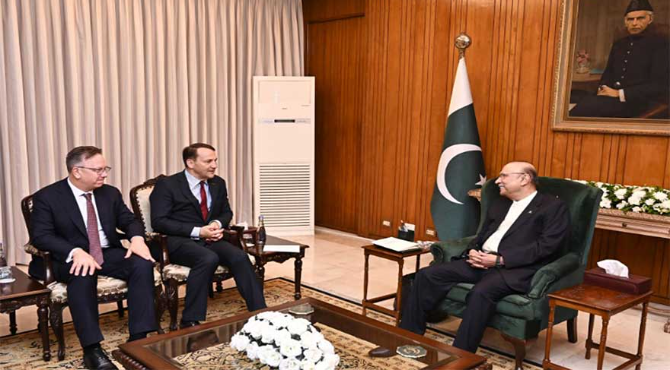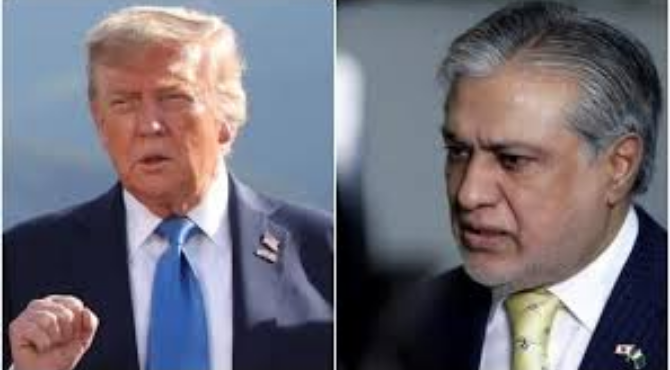ISTANBUL(National times)- The second round of Pakistan-Afghanistan talks began in Istanbul on Saturday, with Islamabad pressing for a “concrete and verifiable” mechanism to monitor actions taken by the Afghan Taliban to prevent cross-border terrorism. The Istanbul dialogue follows the first round of talks held in Doha from October 18-19, jointly mediated by Qatar and Turkiye. The Doha round, which took place after intense border clashes, had produced a breakthrough by extending an initial 48-hour truce into a permanent ceasefire. That agreement also set the stage for this week’s meeting in Istanbul, aimed at operationalising mechanisms for long-term peace and stability.
Agenda for peace
According to Afghan interim government spokesman Zabihullah Mujahid, the Afghan delegation in Istanbul is led by Deputy Interior Minister Mawlawi Rahmatullah Najeeb. He confirmed in a post on X that “the remaining issues with Pakistan will be discussed” during the meeting. Pakistan’s Foreign Office spokesperson, Tahir Hussain Andrabi, said in his maiden media briefing on Friday that Islamabad seeks the establishment of a verifiable monitoring framework in Istanbul to curb terrorism emanating from Afghan territory. He reiterated that Pakistan does not seek escalation, urging the Taliban authorities to “honour their commitment to the international community and address Pakistan’s legitimate security concerns.” Officials said the talks are expected to define what constitutes cross-border terrorism, how violations will be verified, and how disputes will be addressed through sustained engagement.
Defining the mechanism
The Istanbul talks are anticipated to move the dialogue from political pledges to a structured peace framework. Pakistan is expected to demand firm commitments to dismantle sanctuaries of the banned Tehreek-i-Taliban Pakistan (TTP), arrest or expel its leadership, and introduce clear timelines for measurable action such as raids and destruction of safe houses. Islamabad also supports establishing a third-party oversight committee, potentially co-chaired by Turkiye and Qatar, to verify compliance and manage disputes. Additional priorities include enhanced border control, curbing militant financing, and intelligence-sharing between both countries to ensure transparency and accountability. Turkish officials have hinted that a technical committee will review the ceasefire’s implementation, including terrorism, migration and border security.


